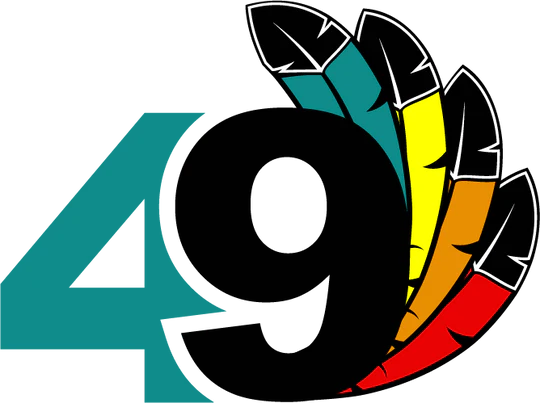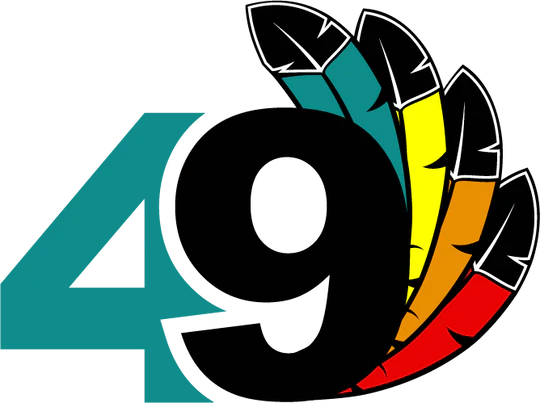"That's a white people thing." These words from a family member cut deep when I shared my autism diagnosis with them. As both an autistic and Two-Spirit person in the Indigenous community, I've learned that some of the hardest battles for acceptance come from within our own circles. But our traditional ways of understanding and accepting difference might hold the key to changing these perspectives.
My journey to understanding myself has been long and complex. Like many autistic people, I struggled with communication throughout my life, particularly during my time at Residential School where these differences made me a target for bullying. But it wasn't until my adult years, when challenges in my marriage and workplace began mounting, that I started seeking answers.
The diagnosis came after my husband and I had several difficult conversations about our communication struggles. A fellow autistic person had noticed behaviors in me that typically signal autism, and my work team had expressed that they found me intimidating to interact with. The diagnosis finally explained the lifetime of "weird situations" I'd encountered – the countless conversations where I'd apparently missed hidden meanings, the frustration of others when I failed to show expected emotional responses, and the constant corrections about social appropriateness.
The relief was immense. Finally, I had an explanation for why I experienced the world differently. But when I shared this revelation with my family, hoping for support and understanding, I instead faced dismissal. Autism, they suggested, couldn't be part of our Indigenous experience.
This rejection felt familiar. It paralleled another aspect of my identity – being Two-Spirit. In Blackfoot culture, we have a word for this identity, though it's often forgotten today. My great-great-great grandmother, Revenge Walker, was known as a "manly hearted woman," a form of Two-Spirit identity that our people once readily accepted and honored.
Today, I run a business, but it requires significant support. I need help with administration tasks, which creates additional expenses that a neurotypical business owner might not face. This reality mirrors what many autistic people encounter in workplaces – the need for specific accommodations to succeed.
But here's where our traditional Indigenous wisdom offers guidance. Our ancestors understood that communities thrive when they embrace and support different ways of being. They recognized that not everyone needed to excel at everything – some were hunters, others healers, others storytellers. Each person's unique attributes were valued and supported by the community.
This traditional understanding of human diversity could be the bridge we need. Just as our ancestors accepted Two-Spirit people and "manly hearted women," recognizing their unique contributions to the community, we can learn to understand and support autistic community members. Just as they understood that different people had different strengths and needs, we can appreciate that autistic individuals may need support in some areas while excelling in others.
The money spent on accommodations isn't an "extra expense" – it's an investment in enabling all community members to contribute their unique strengths, just as our ancestors did. When we view autism through this traditional lens of accepting and supporting difference, it becomes clear that accepting autism isn't about adopting "white people things." It's about returning to our traditional values of community support and recognizing the value in different ways of being.
Our traditional teachings never insisted that everyone be the same. Instead, they celebrated how different kinds of people, with different gifts and needs, could come together to create strong, resilient communities. As we work to decolonize our understanding of neurodiversity, perhaps it's time to remember these teachings and apply them to supporting autistic community members.
In sharing my story, I hope to open a dialogue about autism in Indigenous communities. It's time to recognize that being autistic doesn't make me any less Indigenous, just as being Two-Spirit doesn't. These are simply parts of who I am, parts that our traditional values have always had room to embrace and support.


Leave a comment
This site is protected by hCaptcha and the hCaptcha Privacy Policy and Terms of Service apply.